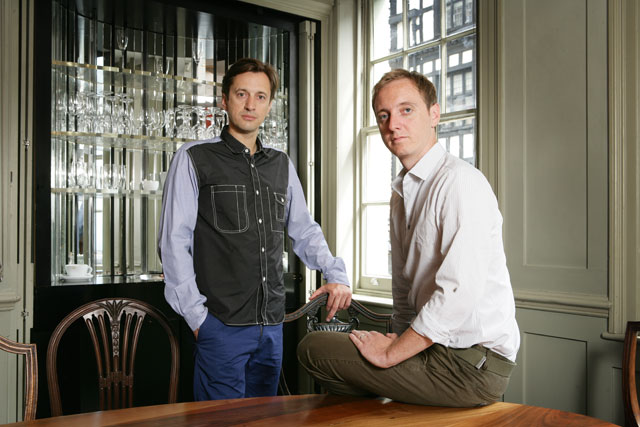Ever since rules on the funding of TV programmes changed, giving brands the opportunity to be more directly involved in their creation, media agencies, ad agencies, production companies and broadcasters have sought to position themselves as the best partner.
But, in the past seven years or so, none has managed to make itself the most compelling, while all have managed to attract smallish, but useful, amounts of revenue from it.
Given that they all have their respective strengths - access to media budget, closeness to brand, knowledge of production, access to platform - the fact that no one model emerged as the best is, perhaps, not that surprising. They have mostly tackled the same problem - creating compelling editorial content that has a brand benefit and affiliation - from different angles.
Thus, there should be no shocks that the quality of the content produced has been of a variable standard - too few gems, and too much stuff that would never have made it on air unless a brand had paid for it. In many cases, advertiser money has created the content opportunity, rather than the content being created through the value of the idea.
For that reason, what should be one of the most exciting parts of an advertiser's communications plan is simply bolted on in a predictable, and not very engaging, way.
But that could all be about to change. With the launch of Gravity Road, a company combining the talents of Bartle Bogle Hegarty's Mark Boyd and Drum's Mark Eaves, there seems to be a new approach that looks quite interesting.
Boyd and Eaves have backgrounds and experience in content creation. And, while both BBH and Drum have proven themselves to be pioneers in this area, they have spotted an opportunity to approach the market in a different way.
They claim to want to start with an entertainment idea that works across multiple platforms for brands, rather than a piece of content, paid for by a brand, that they can try to flog around town. The model, they say is Syco, which doesn't so much develop TV shows as create production entities that can be exploited across many platforms.
A laudable and lofty ambition, maybe, but there is a strong argument that, to date, thinking has been both created in silos and based on linear content - rather than on ideas that stand up on their own right and can be exploited across all platforms. The past has been cosy, but has thwarted progress in content creation. It is, therefore, difficult not to wish them every success.
Jeremy Lee is associate editor, 北京赛车pk10


